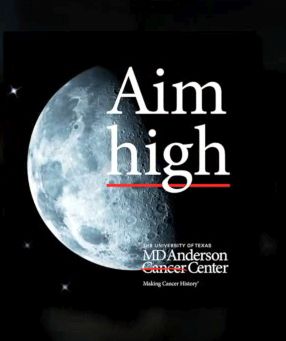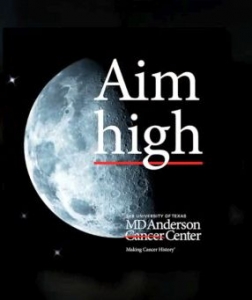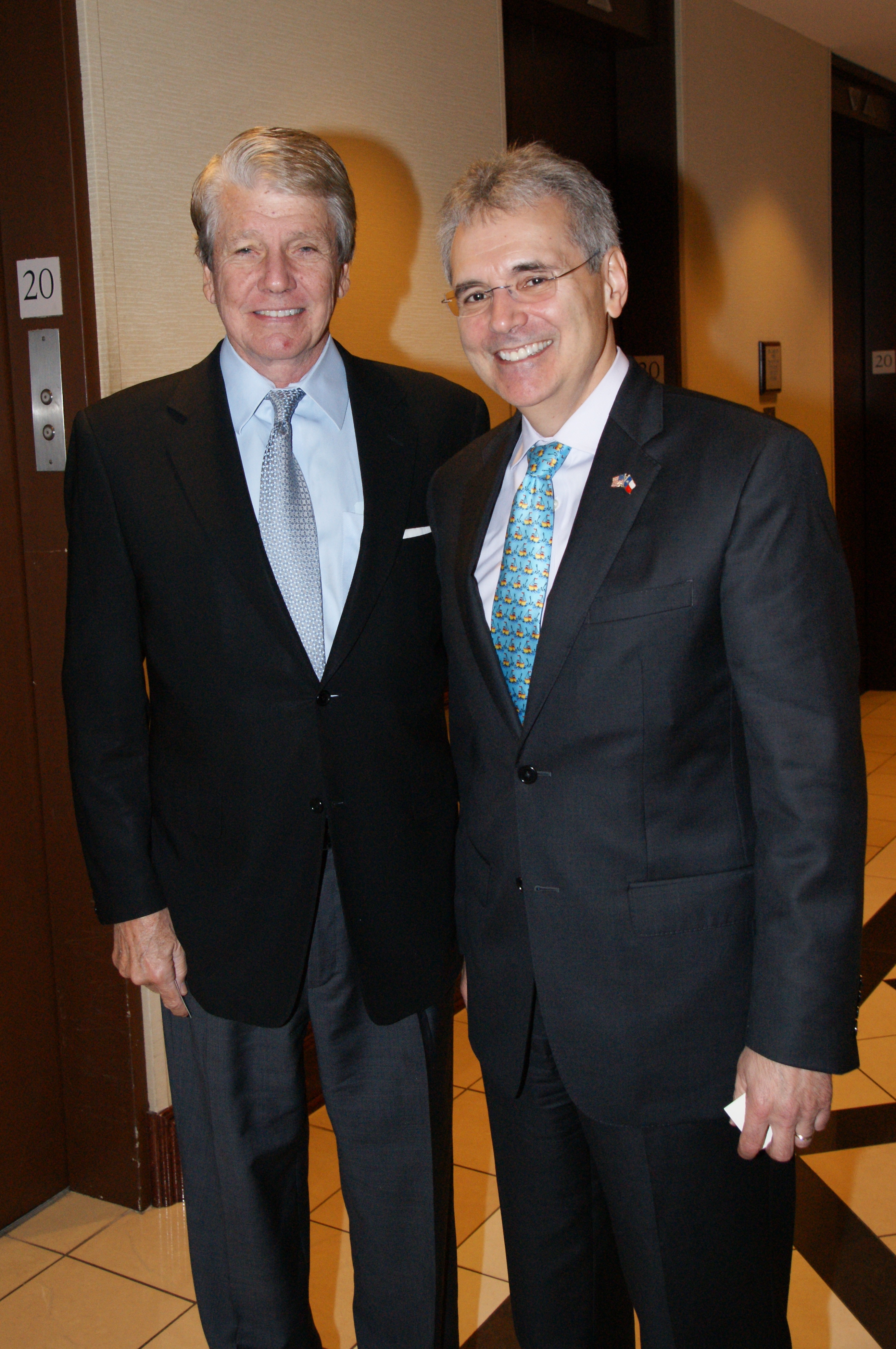
 It is almost impossible to find an individual whose life hasn’t been touched by a cancer diagnosis. Last year, more than 1.6 million people in the United States became new cancer patients. Around the world, more than 8 million lives per year are lost to some type of the disease. For many, the treatments are long and grueling with uncertain outcomes. And while research is constantly discovering better ways of tackling cancer, new advances are slow to move from research centers into oncology practices.
It is almost impossible to find an individual whose life hasn’t been touched by a cancer diagnosis. Last year, more than 1.6 million people in the United States became new cancer patients. Around the world, more than 8 million lives per year are lost to some type of the disease. For many, the treatments are long and grueling with uncertain outcomes. And while research is constantly discovering better ways of tackling cancer, new advances are slow to move from research centers into oncology practices.
Doctors and researchers at the MD Anderson Cancer Center are accelerating the movement from discovery into practice with a novel approach modeled after the United States’s ambitious plan to reach the moon. The MD Anderson program is called “Moon Shots.”
In 1961, President John F. Kennedy announced an unprecedented marshalling of resources and cross-disciplinary scientific collaborations with the objective of getting new science off the ground and into space. In that same way, MD Anderson’s researchers are directing unprecedented resources at getting the latest advances in cancer treatments out of the laboratories and into the hands of doctors. With a tight focus on goals and through collaborations across research specialties and practices, doctors are making giant leaps in the fight against cancer.
MD Anderson’s original Moon Shots program, launched in 2013, was focused on six types of cancer: breast and ovarian cancer, chronic lymphocytic leukemia,lung cancer, melanoma, myelodysplastic syndrome/acute myeloid leukemia and prostate cancer. Last month, MD Anderson President Dr. Ronald DePinho (pictured, right) announced the addition of six more types of cancer to the program: B-cell lymphoma, glioblastoma (brain cancer), cancers caused by the human papillomavirus (HPV), high-risk multiple myeloma, colorectal and pancreatic cancers. The project collaborators represent wide-ranging specialties and technology plays a critical role. Funded by research grants and more than $100 million in private philanthropy, the Moon Shots are poised to make history.
As the program moves into its third year, it’s transitioning from the “foundational” phase into a results-oriented stage making changes to the practice of cancer treatment and prevention. All 12 forms of cancer in the Moon Shots program are benefitting from novel clinical trials of immunotherapy treatments. These types of treatments activate the body’s own immune system to attack cancer cells – avoiding the debilitating side effects caused by conventional chemotherapy drugs. Immunotherapy also provides longer-lasting benefits to the patient.
Other advances are being made by leveraging the benefits of multiple diagnostic techniques, data sharing and intense analysis. For example, the program recently announced the development of an algorithm to decide if an ovarian cancer patient should start treatment with surgery or chemotherapy. The “Anderson Algorithm” has been shown to dramatically remove ovarian cancer cells and it represents a significant improvement in treatment options.
The Moon Shots are more than special – not just because of their size and scope, but because of their focus on translational research – the phase of work after initial grant-funded research but before later clinical trials. The program is also embracing the big picture by tackling cancer prevention issues such as smoking cessation. By taking a collaborative, long-term approach to this very specific and all too often neglected phase of medical advancements, MD Anderson demonstrates the incredible power of collaboration by diverse teams motivated by an ambitious goal.
DePinho spoke in Austin recently about the significant advances being made in cancer treatment. He referred to the MD Anderson Cancer Center as Texas’s gift to the world. He is absolutely correct. MD Anderson, a part of The University of Texas System, is home to some of the most critical research ever produced anywhere in the world.
To keep up with all the latest news in health care and higher education, subscribe to SPI’s newsletters today!

